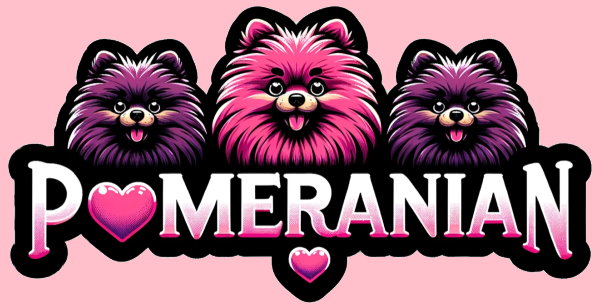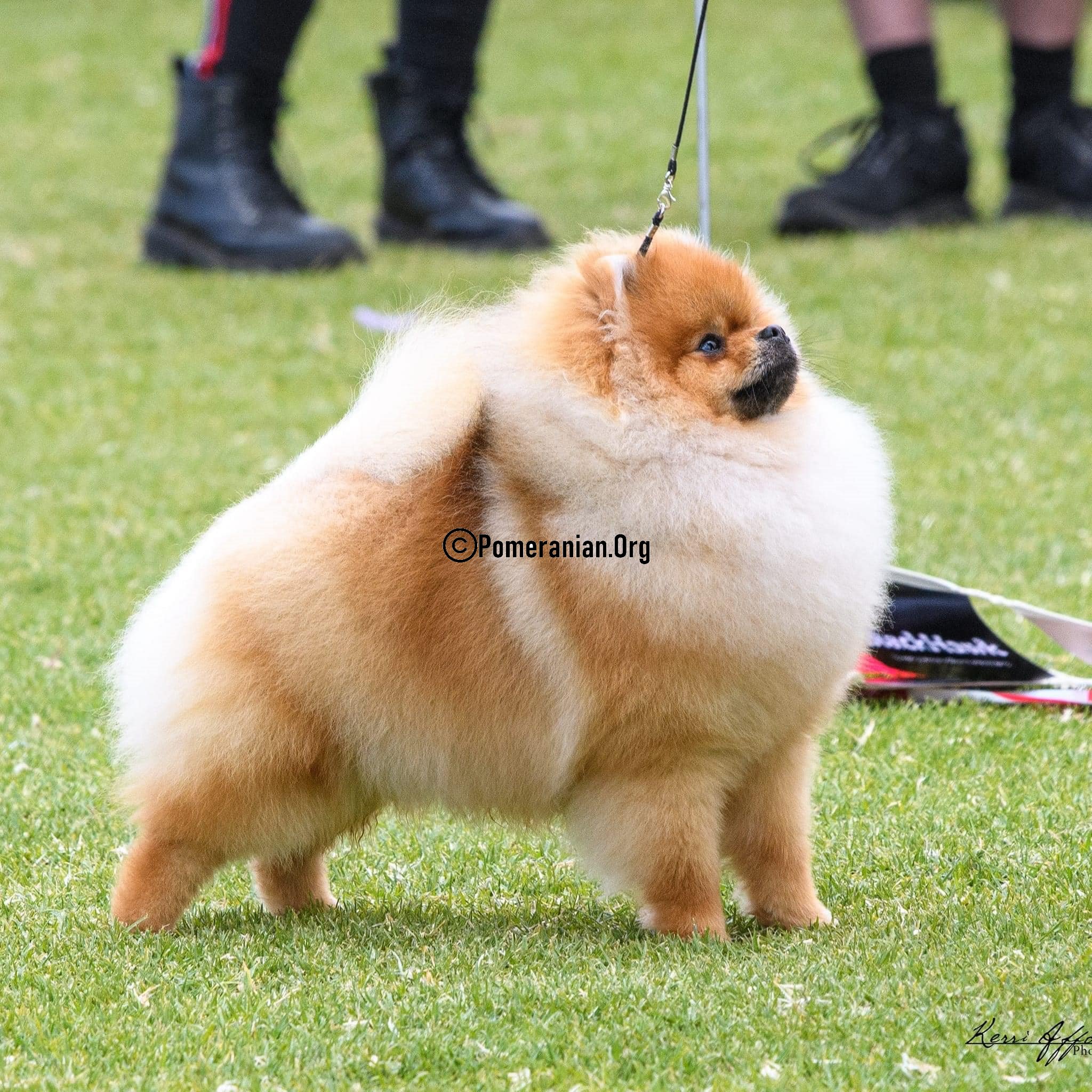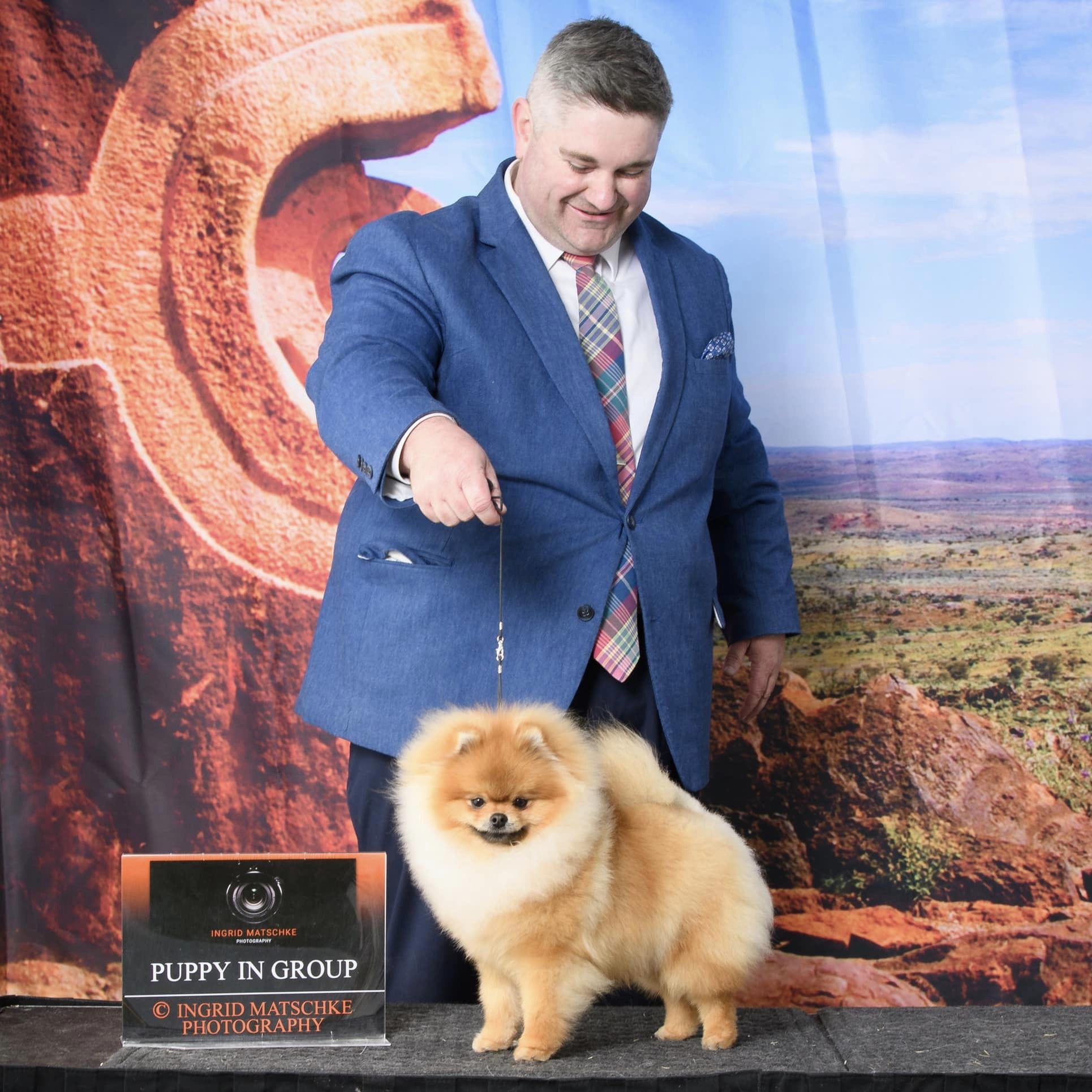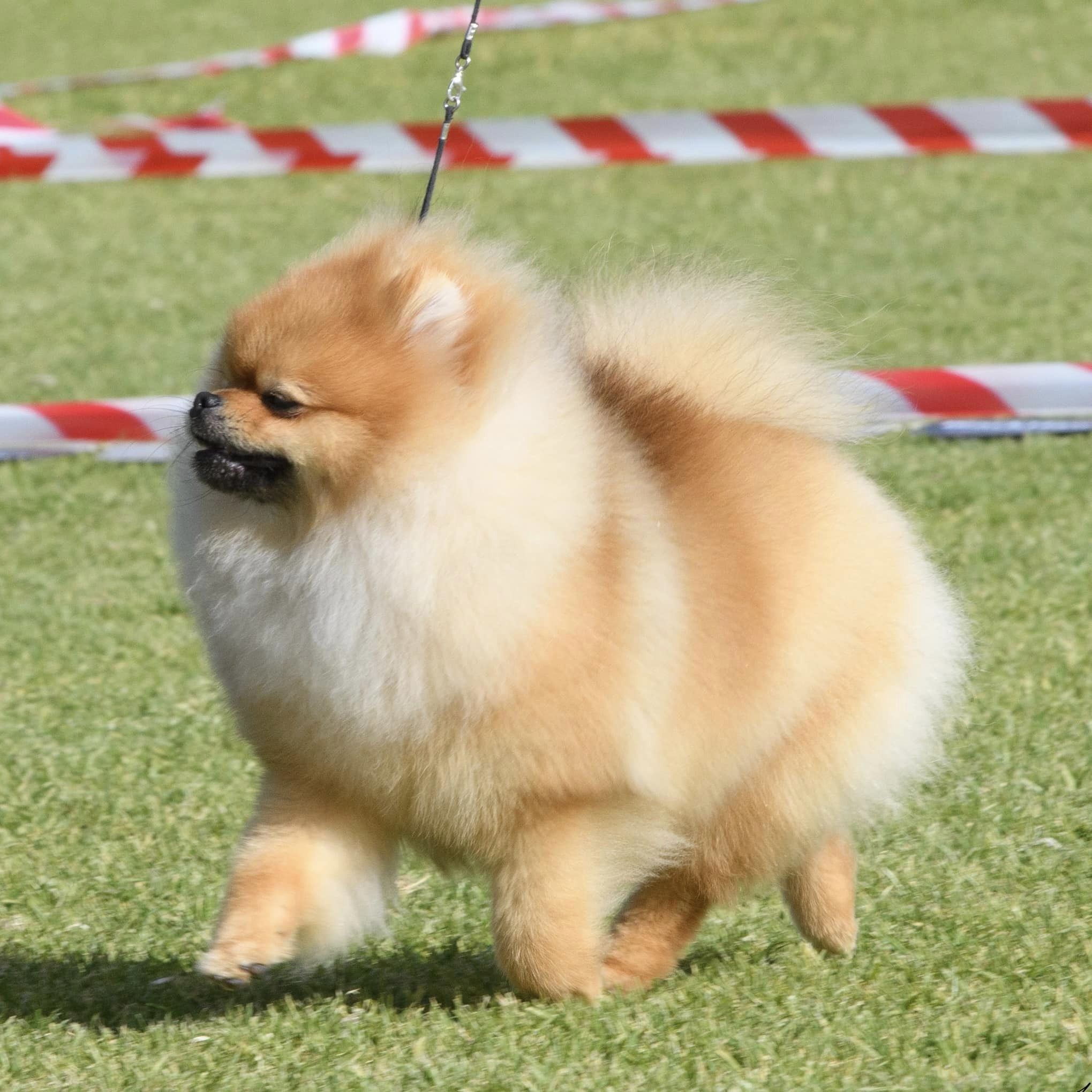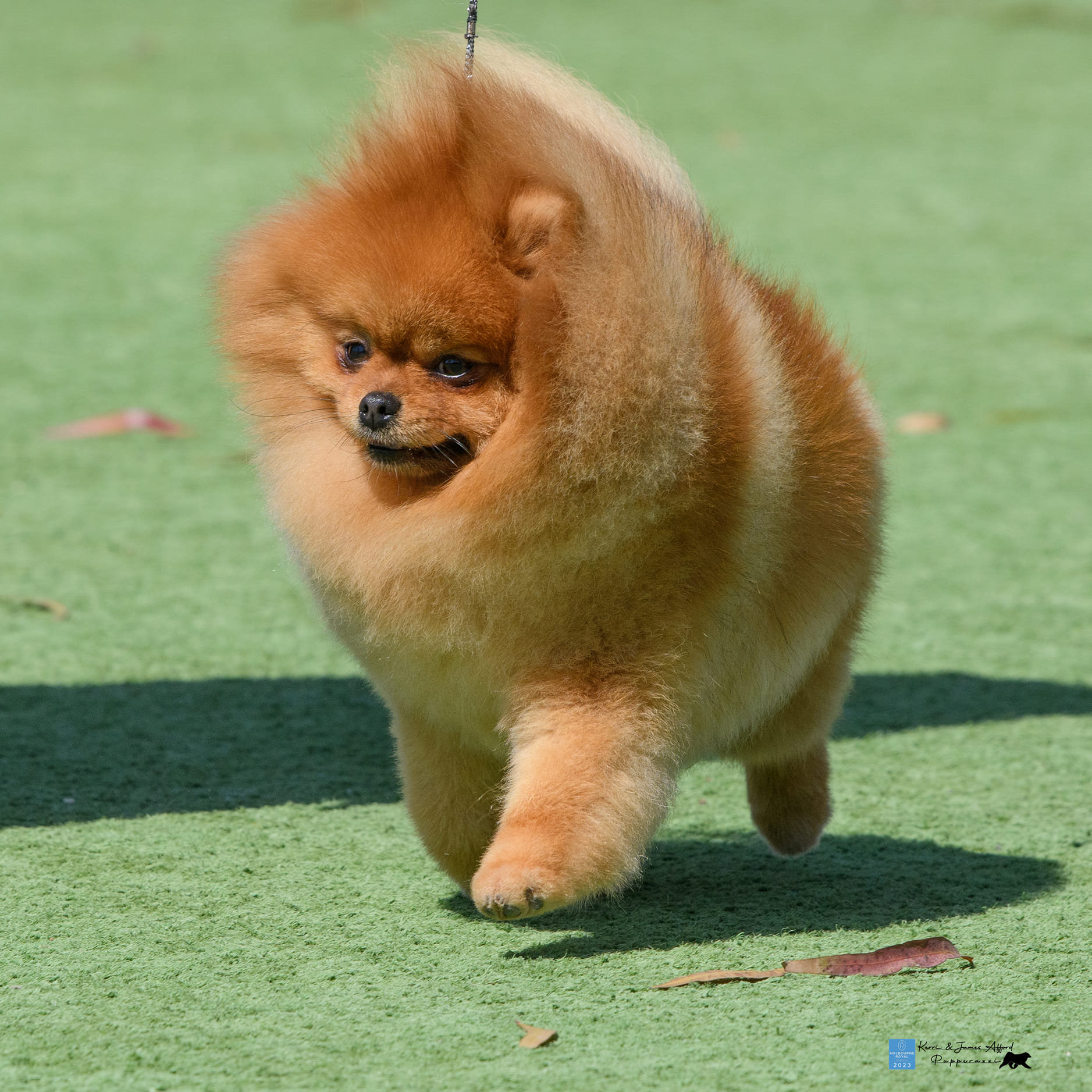Last Updated on 23/09/2023 by Dochlaggie. Post first published on March 15, 2017.
Do you like seeing your Pomeranian in pain? How about shedding hair, having hot spots, ear infections, flaky, dry skin and excessive itchiness? As a caring owner, you certainly don’t want your Pom to suffer in any way. The answer is simple; if you’re not already doing so, add Omega oil for dogs diet to keep him healthy.
Adding Omega 3 Supplement for Dogs to Diet
Omega-6 fatty acids are found in abundance in a dog’s diet. Unfortunately, the same can’t be said for Omega-3. The main reason is that Omega 3 oil for dogs is broken down rapidly when exposed to light, air or heat or when it’s cooked/processed and, therefore, is missing from most foods that your dog consumes.
The two richest Omega-3 sources are docosahexaenoic acid (DHA) and eicosapentaenoic acid (EPA) and are found in the oil from anchovies, sardines and salmon. Cod liver oil is another rich source of Omega-3.
How to Add Omega 3 supplement for dogs to Diet
There are four ways to help you add more Omega-3 to your Pomeranian’s diet:
- Raw. Feed him raw, unprocessed foods that contain large amounts of Omega-3. However, a raw diet generally won’t supply enough of these fatty acids to meet your Pomeranian’s needs without extra assistance.
- Omega 3 capsules for dogs. There are a variety of omega 3 fatty acid supplement for dogs but they’re not all the same. Some omega 3 pills for dogs get most of these fatty acids from salmon and other big fish which means that they’re further up on the canine food chain and contain more lead, mercury and other toxins that can be hazardous to your Pom’s health. There are some that have such an unpleasant smell that your dog simply won’t touch them. Remember your pet’s sense of smell is MUCH stronger than yours. You can try the old trick of burying it in ham or other food he enjoys eating BUT that’s not always guaranteed to work. Also, these supplements need to be swallowed or just add a little liquid fish oil for dogs to the Pomeranian’s dinner daily .
- Soft chews. These are also canine omega 3 supplements but are made from anchovies as they contain the highest level of Omega-3s but because they’re smaller fish, they’re far less toxic. They can be chewed so they’re easier for dogs to consume and they don’t have that awful smell.
- Purchase a quality dog Food with Omega 3 for your Pomeranian dog.
Best Dog Food with Omega 3 For Pomeranians

Omega Fatty Acids for Dogs Help Prevent Pain and Inflammation
No caring Pomeranian owner would want to see their dog in any sort of pain, whether short or long term. Why should your beloved pet have to suffer when you can take steps to help him feel better?
A dog of any age can suffer from pain. However, it’s senior dogs who are more prone to problems. They have weakened immune systems so infection and inflammation are more likely to occur.
Feeding them Omega3 fatty acids for dogs will help ease these problems so they feel more comfortable. If your Pomeranian has inflammation in his brain, Omega supplements for dogs can reduce (and possibly reverse) such inflammation.

Dogs are as prone to poor health as humans and, although they can’t talk English to tell you they don’t feel well, there are usually signs because their behaviour changes to accommodate the problems they’re facing. Your dog may limp or move slowly if he has pain and may stop jumping up on your lap or try new ways to get off your lap instead of simply jumping down.
If your Pomeranian is low in Omega-3, he may have problems with his eyes, poor motor skills, weakness in his muscles, immune system dysfunction and stunted growth.
A reduction in inflammation can help manage kidney disease, arthritis, heart disease and brain disease. Older dogs may be less liable to have blood clotting so it’s critical that you monitor his health if you’re also giving him non-steroidal anti-inflammatory medications (NSAIDs).
Other Benefits of Canine Omega 3 Supplement for Pomeranians:
- A glistening coat and healthy skin.
- More stamina.
- Moistens irritated, dry skin.
- Enhanced immune system.
- Reduced shedding.
- An increased appetite due to the fishy flavour.
- Less pain in joints.
- Lower risk of heart disease and stroke.
- Management of triglycerides.
- Antioxidants that reduce risk of Cancer and fights free radicals.
- Easing flea allergies.
- Eases arthritis.
- Fights kidney disease.
- Reduce incidents of bowel diseases.
- Controls cholesterol and blood pressure levels.
The Benefits of Canine Omega 3 Supplement Take Time
Although your Pomeranian’s health will start to improve fairly quickly, you generally won’t see any significant improvement as a result of giving him Omega-3 foods and supplements at the beginning. Health improvements start from inside and work their way out. Individual cells are first affected, closely followed by tissues and organs. You’ll gradually see his skin and coat become more radiant than normal. At that point, you’ll also know his organs are healthier as well. This can take 3-4 months sometimes.
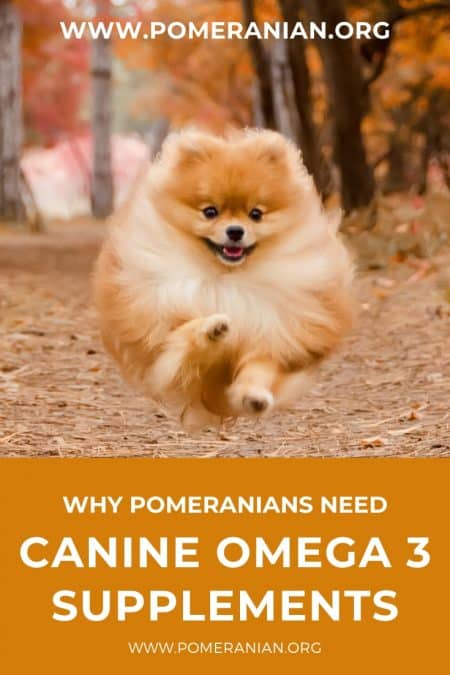
Canine Omega 3 Balance is Essential
Dogs have an abundance of Omega-6 fatty acids. If your Pom isn’t getting sufficient Omega-3, then the ratio can quickly become 20:1 when it should be around 5:1 for good health and the right balance.
Omega 3 For Dogs Dosage?
The best source of Omega-3 comes from marine body oils and krill oil is the easiest to obtain. The size and weight of your dog will determine the optimal amount to give him on a daily basis:
- Pomeranians and other toy dogs should have 250mg daily.
- Small dogs should receive 500mg per day.
- 1000mg is ideal for medium dogs daily.
- 1500mg is for large dogs each day.
- A daily dose of 2000mg is for dogs weighing more than 80 pounds.
Final Thoughts on Omega 3s For Dogs
Omega-3 fatty acids are essential to the health of your dog. Talk to your vet, breeder or other reputable person to better understand any aspect of your Pomeranian’s health that you don’t fully understand. He’s part of your loving family and deserves the best possible care.
Copyright Pomeranian.org. All Rights Reserved.
References and Further Reading:
Denise Leo, The Pomeranian Handbook.
Best Omega 3 for Dogs

